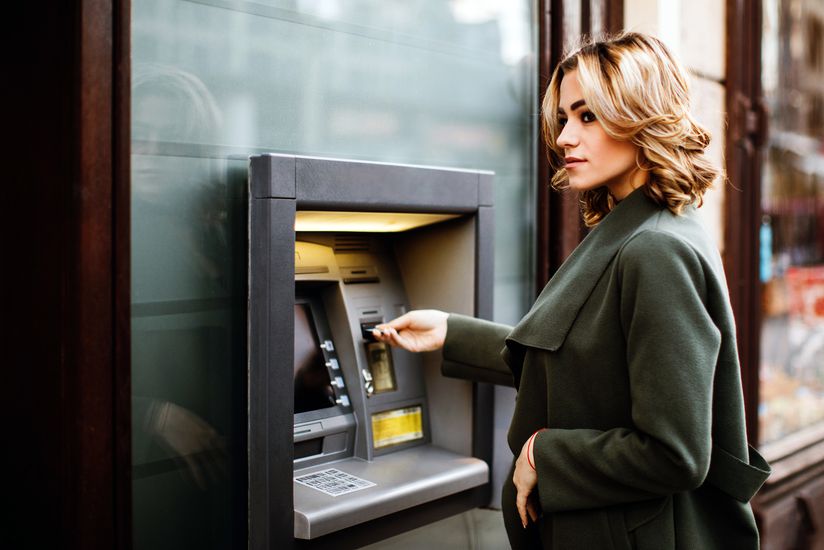THE BIGGER THEY ARE
Bigger doesn't always mean better, especially when it comes to choosing where to park your money. Big banks might dazzle customers with cutting-edge apps and ATM locations across the country, but these benefits come at a high (and sometimes hidden) price. Small banks and credit unions often represent a better option for many consumers, but finding out if they're right for you first requires understanding the reasons people should beware of big banks.




















